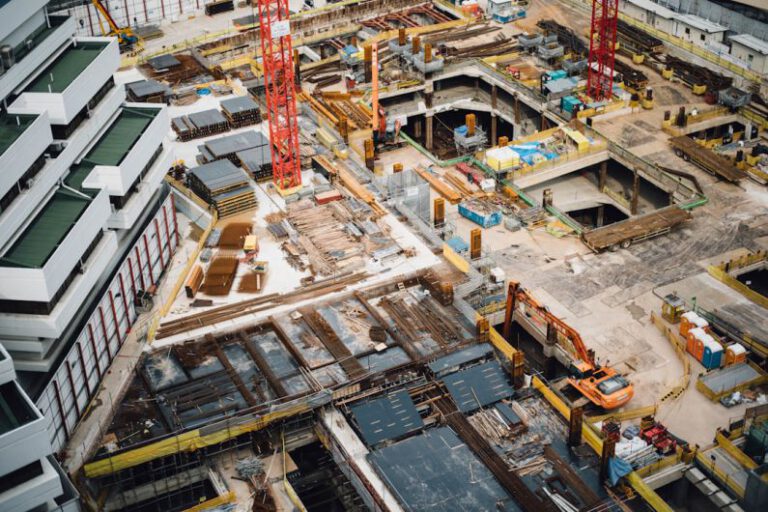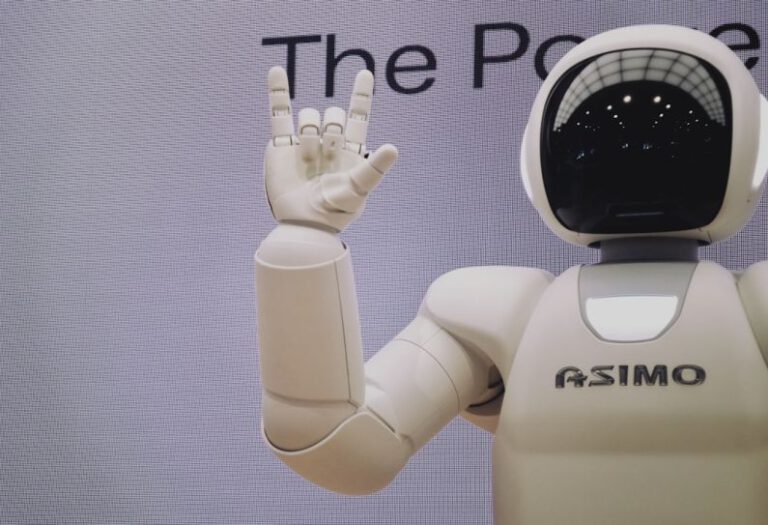What’s the Future of Ai in Urban Planning?
As cities around the world continue to grow and evolve, urban planners are facing new challenges in creating sustainable and efficient urban environments. In recent years, the integration of artificial intelligence (AI) in urban planning has been gaining momentum, offering new possibilities and solutions to address these complex issues. What’s the future of AI in urban planning? Let’s delve into the potential impact of this cutting-edge technology on the cities of tomorrow.
**Enhancing Data Analysis**
One of the key areas where AI is poised to revolutionize urban planning is in data analysis. With the vast amount of data generated by cities, ranging from traffic patterns to energy consumption, AI can help planners make sense of this information and derive valuable insights. AI algorithms can analyze data much faster and more accurately than humans, enabling planners to identify trends, anticipate future challenges, and make informed decisions based on data-driven evidence.
**Optimizing Urban Infrastructure**
AI has the potential to optimize urban infrastructure in ways that were previously unimaginable. By using AI-powered simulations and predictive modeling, planners can design more efficient transportation systems, energy networks, and waste management strategies. For example, AI can help optimize traffic flow by adjusting traffic signals in real-time based on current conditions, reducing congestion and emissions. Similarly, AI can optimize energy usage in buildings by predicting demand patterns and adjusting heating and cooling systems accordingly.
**Improving Citizen Engagement**
Another exciting application of AI in urban planning is in improving citizen engagement. By leveraging AI-powered chatbots and virtual assistants, cities can provide personalized services to residents and gather feedback on urban planning initiatives. AI can also be used to analyze social media data to understand public sentiment and preferences, helping planners tailor policies and projects to better meet the needs of the community. By fostering greater transparency and collaboration, AI can empower citizens to actively participate in shaping the future of their cities.
**Challenges and Ethical Considerations**
While the potential benefits of AI in urban planning are vast, there are also challenges and ethical considerations that must be addressed. One of the main concerns is the potential for bias in AI algorithms, which can perpetuate existing inequalities and discrimination. Planners must ensure that AI systems are designed and implemented in a way that is fair and equitable, taking into account the diverse needs and perspectives of all stakeholders.
**The Future of AI in Urban Planning**
The future of AI in urban planning holds great promise for creating more sustainable, livable, and resilient cities. By harnessing the power of AI to analyze data, optimize infrastructure, and enhance citizen engagement, planners can make more informed decisions and better anticipate the challenges of urbanization. However, it is crucial that AI is used responsibly and ethically, with a focus on inclusivity and equity. As we look ahead to the cities of tomorrow, AI has the potential to be a powerful tool in shaping urban environments that are truly designed for the people who live in them.






